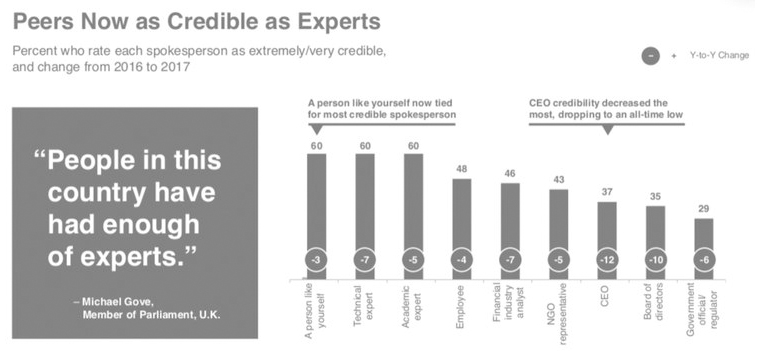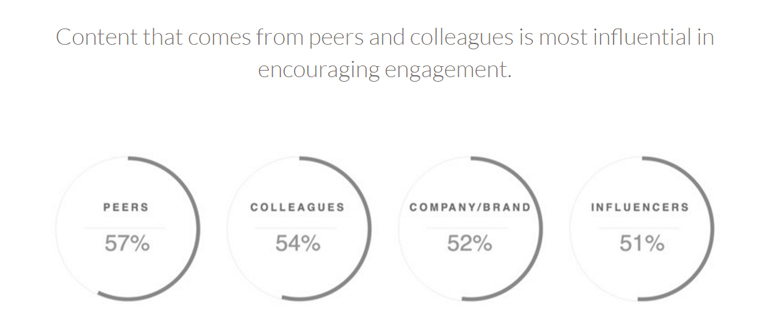Is PR social enough?
Social media has democratized influence and media owners are no longer the keepers of the conversations. Content marketing evangelist Jaime Pham wrote for #FuturePRoof on the need for PR’s involvement in corporate social communications.
Social media’s role in conversations and relationships
Social media is really just a relatively new tool for executing the core competency of great PR teams: building and maintaining relationships with key audiences. What is the one thing that all healthy and sustainable relationships require?
Trust.
Trust requires consistency over time. Content marketing requires consistency over time. Hence why PR firms were among the prime movers in the rise of content marketing. Today, that continuing rise is being driven on social media: a natural platform for regular communication through content.
Trust also requires transparency. Effective participation in social media demands that companies communicate regularly and honestly. However, there is a flipside: honesty and transparency require vulnerability, and this is where traditional communications organisations often fall short. Communications and PR teams have historically been trained to control the flow of information, where now they must monitor and harness it in order to guide it.
Social media and the opportunity for PR
Encouraging greater transparency is where the real opportunity lies for the PR industry. Tapping that opportunity involves overcoming three barriers to change:
- Social media channels have been taken over by marketing teams and ‘influencer agencies’ that have little-to-no connection to what corporate communications and PRs are working on. Closer collaboration is needed in almost every organisation I have worked with.
- Social media marketing teams tend to focus on the ‘media’ part of the title, treating it like another megaphone. PR has an opportunity to focus on the ‘social’ part of the channel, unlocking its true value: the ability to make and maintain connections.
- PR as an industry has not been quick enough to empower employees and other advocates to participate in the storytelling process. When was the last time your executive team took a look at the company’s social media policy? When was the last time the policy was updated, or circulated within the company?
Building greater collaboration with social media marketing teams is an essential starting point for PR to make the contribution to social that it should. However, the biggest gains can be unlocked when the industry addresses the third point – and starts building momentum for employee advocacy.
People trust people more than logos. The Edelman Trust Barometer report illustrates this beautifully, through the fact that people trust employees at their own level more than they trust CEOs.

LinkedIn’s audience research also confirms that content coming from peers and colleagues is more influential than content coming from brands.

This reflects LinkedIn’s evolution to a content and learning platform, where shared content is an essential currency in conversations and interactions, and over 150,000 articles are published every week. This is the democratization of influence at scale. It should inform how PR engages in the space – and there’s great opportunity when it does.
In January 2017, nearly 25% of the top posts on LinkedIn were about companies and the policies and issues they stand behind. However, less than 10% of the top posts actually came from leaders or employees themselves. These companies were happy to allow others to craft their reputations. They weren’t participating and they weren’t being seen to participate by their audiences.
When leaders are participating, the best of them do so in their own voice. They write their own messages, passing them through communications teams only for a speedy review, and for as little editing as possible. When business leaders communicate directly, it feels forthright and relatable – and earned media often follows.
PR practitioners – help your organisations empower employees to create their own content and share their own stories. Your core competency of building and maintaining relationships is as important as ever. However, you now have a lot more partners to work with on making it happen.
[testimonial_view id=9]








Leave a Comment